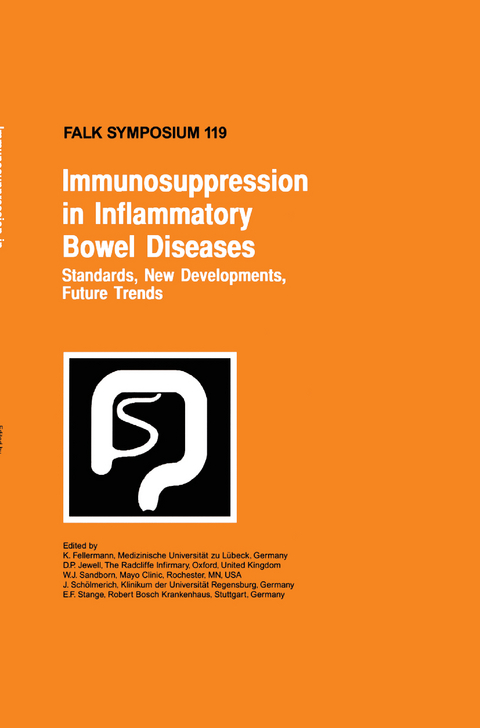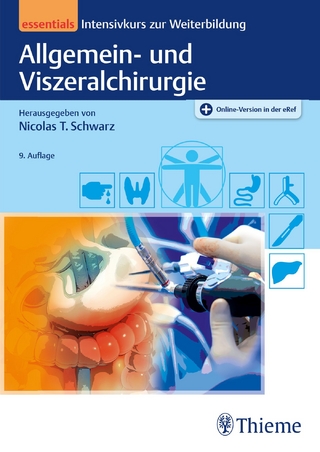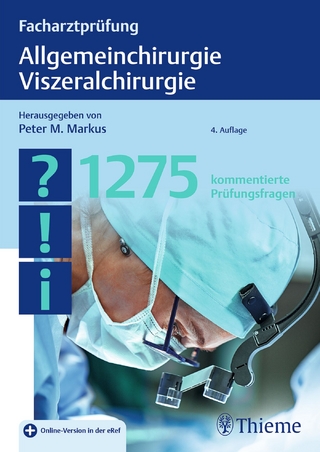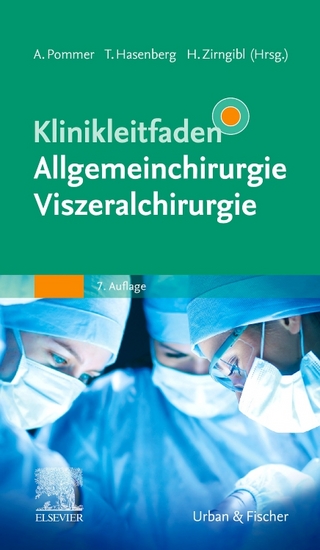
Immunosuppression in Inflammatory Bowel Diseases
Standards, New Developments, Future Trends
Seiten
2001
Springer (Verlag)
978-0-7923-8767-1 (ISBN)
Springer (Verlag)
978-0-7923-8767-1 (ISBN)
The aetiology of the chronic inflammatory bowel diseases - Crohn's disease and ulcerative colitis - is still enigmatic. It is hoped that it will further the prudent use of these drugs in the proper clinical situations by increasing our understanding of both the mechanisms of action and the clinical benefit to the patient.
The aetiology of the chronic inflammatory bowel diseases - Crohn's disease and ulcerative colitis - is still enigmatic. The therapeutic approach has therefore traditionally focused on anti-inflammatory principles, including corticosteroids and aminosalicylates. Since a significant proportion of patients is steroid-dependent or refractory and because of the problematic side-effects of long-term systemic steroids, active immunosuppression has gained acceptance in the field.
The classical immunosuppressants azathioprine and 6-mercaptopurine have long been evidence-based in IBD, but underused. Recently, methotrexate and cyclosporine have also been proven to be effective in certain situations. Newer drugs like tacrolimus, mycophenolate and others may be similarly useful but their potential is still unclear. Finally, the immune modifiers including IL-10 and TNF-antibodies have been successfully subjected to controlled trials. Other experimental drugs discussed in this book are on the horizon.
This volume is the Proceedings of Falk Symposium 119 held in Freiburg-im-Breisgau, Germany, October 3-4, 2000, and covers systematically the field of immunosuppression in inflammatory bowel diseases. It is hoped that it will further the prudent use of these drugs in the proper clinical situations by increasing our understanding of both the mechanisms of action and the clinical benefit to the patient.
The aetiology of the chronic inflammatory bowel diseases - Crohn's disease and ulcerative colitis - is still enigmatic. The therapeutic approach has therefore traditionally focused on anti-inflammatory principles, including corticosteroids and aminosalicylates. Since a significant proportion of patients is steroid-dependent or refractory and because of the problematic side-effects of long-term systemic steroids, active immunosuppression has gained acceptance in the field.
The classical immunosuppressants azathioprine and 6-mercaptopurine have long been evidence-based in IBD, but underused. Recently, methotrexate and cyclosporine have also been proven to be effective in certain situations. Newer drugs like tacrolimus, mycophenolate and others may be similarly useful but their potential is still unclear. Finally, the immune modifiers including IL-10 and TNF-antibodies have been successfully subjected to controlled trials. Other experimental drugs discussed in this book are on the horizon.
This volume is the Proceedings of Falk Symposium 119 held in Freiburg-im-Breisgau, Germany, October 3-4, 2000, and covers systematically the field of immunosuppression in inflammatory bowel diseases. It is hoped that it will further the prudent use of these drugs in the proper clinical situations by increasing our understanding of both the mechanisms of action and the clinical benefit to the patient.
| Erscheint lt. Verlag | 30.6.2001 |
|---|---|
| Reihe/Serie | Falk Symposium ; 119 |
| Zusatzinfo | XII, 260 p. |
| Verlagsort | Dordrecht |
| Sprache | englisch |
| Maße | 155 x 235 mm |
| Themenwelt | Medizinische Fachgebiete ► Chirurgie ► Viszeralchirurgie |
| Medizinische Fachgebiete ► Innere Medizin ► Gastroenterologie | |
| ISBN-10 | 0-7923-8767-8 / 0792387678 |
| ISBN-13 | 978-0-7923-8767-1 / 9780792387671 |
| Zustand | Neuware |
| Haben Sie eine Frage zum Produkt? |
Mehr entdecken
aus dem Bereich
aus dem Bereich
Buch | Softcover (2022)
Urban & Fischer in Elsevier (Verlag)
58,00 €


